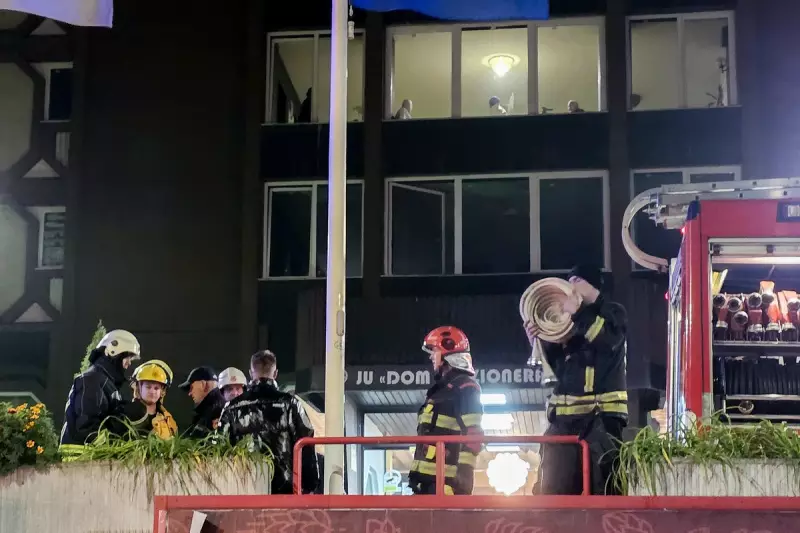
The fragile peace in Bosnia and Herzegovina faces its gravest threat in decades as Serb political leader Milorad Dodik announces plans to withdraw from the country's central institutions, potentially unravelling the delicate constitutional framework established after the brutal 1992-1995 war.
A Dangerous Political Gambit
Mr Dodik, the influential leader of Bosnia's Serb-dominated entity Republika Srpska, has declared his intention to create separate armies, judiciary systems, and tax authorities within months. This move directly challenges the Dayton Peace Agreement that has maintained an uneasy peace in the region for nearly thirty years.
"This isn't just political posturing," warned international relations expert Dr Anja Marković. "Dodik's actions could trigger the most serious constitutional crisis since the war ended. The very existence of Bosnia as a unified state is being called into question."
International Community on High Alert
The proposed secession has triggered alarm bells across diplomatic circles. Western powers, including the United States and European Union members, have expressed deep concern about the potential consequences for regional stability.
European diplomats have been working behind the scenes to defuse the situation, with several emergency meetings scheduled to address what many are calling "the most dangerous moment for the Western Balkans in recent memory."
What Dodik's Plan Entails
- Withdrawal from national armed forces to create separate Serb military units
- Establishment of independent judiciary systems within Republika Srpska
- Creation of separate taxation authority
- Potential challenge to state-level institutions
Historical Echoes and Future Fears
The timing of Dodik's announcement is particularly sensitive, coming as Bosnia continues to grapple with the legacy of its devastating conflict. Many fear that dismantling the Dayton framework could reopen old wounds and threaten the fragile coexistence between the country's three main ethnic groups.
"We cannot return to the divisions of the past," said Sarajevo resident Lejla Hasanović. "My generation remembers what happened when nationalism tore this country apart. We cannot let that happen again."
As the international community scrambles to respond, the people of Bosnia face an uncertain future, with the stability of their nation hanging in the balance.





